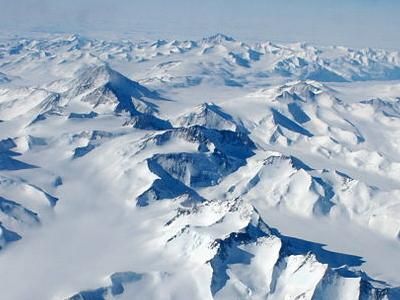Antarctica losing 160bn tonnes of ice every year
European Space Agency's CryoSat-2 satellite mission shows Antarctica is losing nearly 60 billion tonnes more than previously measured based on data from 2005 to 2010

Antarctica is losing ice at a rate of nearly 160 billion tonnes a year according to ice monitoring satellites.
A team of scientists from the UK Centre for Polar Observation and Modelling have taken measurements collected by the European Space Agency's CryoSat-2 satellite mission and the study has produced the first complete assessment of Antarctic ice sheet elevation change.
CryoSat-2 surveys virtually all the Antarctic continent, reaching to within 215 kilometres of the South Pole which has led to a fivefold increase in the sampling of coastal regions where ice loss is most concentrated.
On average West Antarctica lost 134 gigatonnes of ice, East Antarctica three gigatonnes, and the Antarctic Peninsula 23 gigatonnes in each year between 2010 and 2013 - a total loss of 159 gigatonnes each year.
The latest figure is nearly 60 billion tonnes more than previously measured based on data from 2005 to 2010 and equates to an annual global rise in sea level of approximately 0.45 mm.
Recent studies from NASA and the University of Washington have reported that the glaciers in West Antarctica are beginning an irreversible collapse.
The lead author of the study, Dr Malcolm McMillan from the University of Leeds, said: “We find that ice losses continue to be most pronounced along the fast-flowing ice streams of the Amundsen Sea sector, with thinning rates of 4-8 m per year near to the grounding lines -- where the ice streams lift up off the land and begin to float out over the ocean -- of the Pine Island, Thwaites and Smith Glaciers.”
Andrew Shepherd, who led the study, said: "The increased thinning we have detected in West Antarctica is a worrying development. It adds concrete evidence that dramatic changes are under way in this part of our planet."
